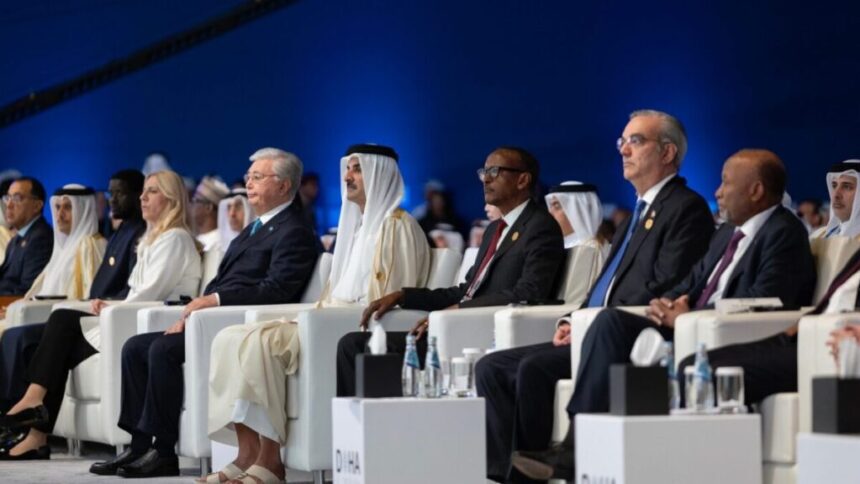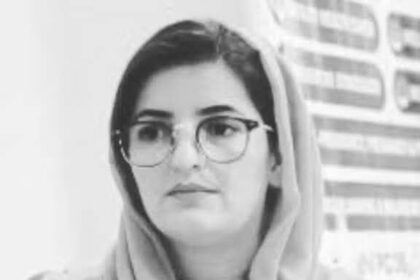RASC News Agency: The 22nd Doha Forum, dedicated to addressing global challenges with a focus on Afghanistan’s ongoing crisis, officially began today Saturday, December 7, in Doha, Qatar. High-ranking officials and world leaders convened to deliberate on critical global issues, with Afghanistan and Gaza taking center stage in the discussions. The forum was inaugurated by Sheikh Tamim bin Hamad Al Thani, Emir of Qatar, who emphasized the significance of multilateral cooperation in resolving the world’s pressing challenges during his keynote address.
While earlier reports suggested that the primary focus would revolve around the situations in Gaza and Syria, Afghanistan’s plight under Taliban rule has become a central theme of the forum. A dedicated session, “Rewriting the Future: The Impact of Taliban Governance on Afghanistan,” is set to examine key concerns, including the severe restrictions on women’s rights, the prohibition of girls’ education, and Afghanistan’s deteriorating engagement with the international community. The Doha Forum’s official website highlights pivotal questions driving the discussions:
How can the global community effectively influence the Taliban’s policies? What are the broader implications of these policies for international aid and Afghanistan’s sustainable development? Participants are exploring the Taliban’s increasing restrictions on Afghanistani citizens, with particular emphasis on their implications for human rights and governance. The forum has attracted prominent global figures, including Rina Amiri, the U.S. Special Envoy for Afghanistani Women, Girls, and Human Rights, and Adela Raz, Afghanistan’s former ambassador to the United Nations. Other notable speakers include Georgette Gagnon, Deputy Special Representative of the UN Secretary-General for Afghanistan, and Shinkai Karokhail, a renowned advocate for women’s rights.
As a globally recognized platform for dialogue and collaboration, the Doha Forum will continue throughout the week, featuring sessions on diplomacy, sustainable development, and human rights. These discussions aim to chart actionable paths toward addressing Afghanistan’s crisis and other global challenges.






